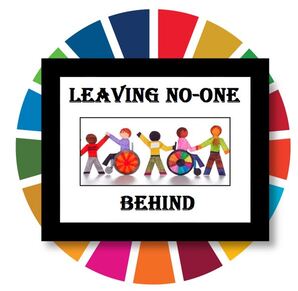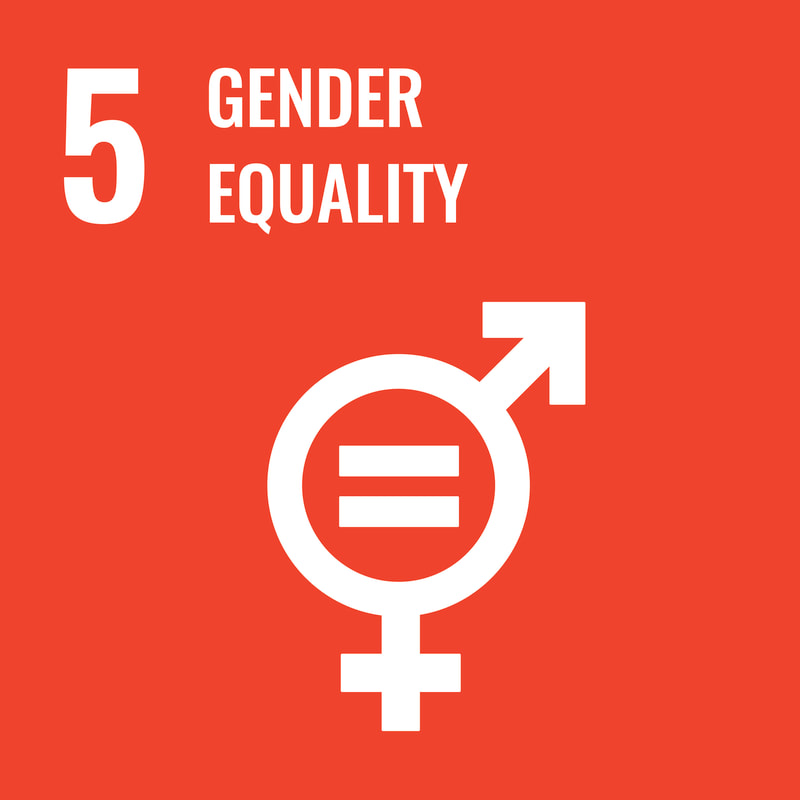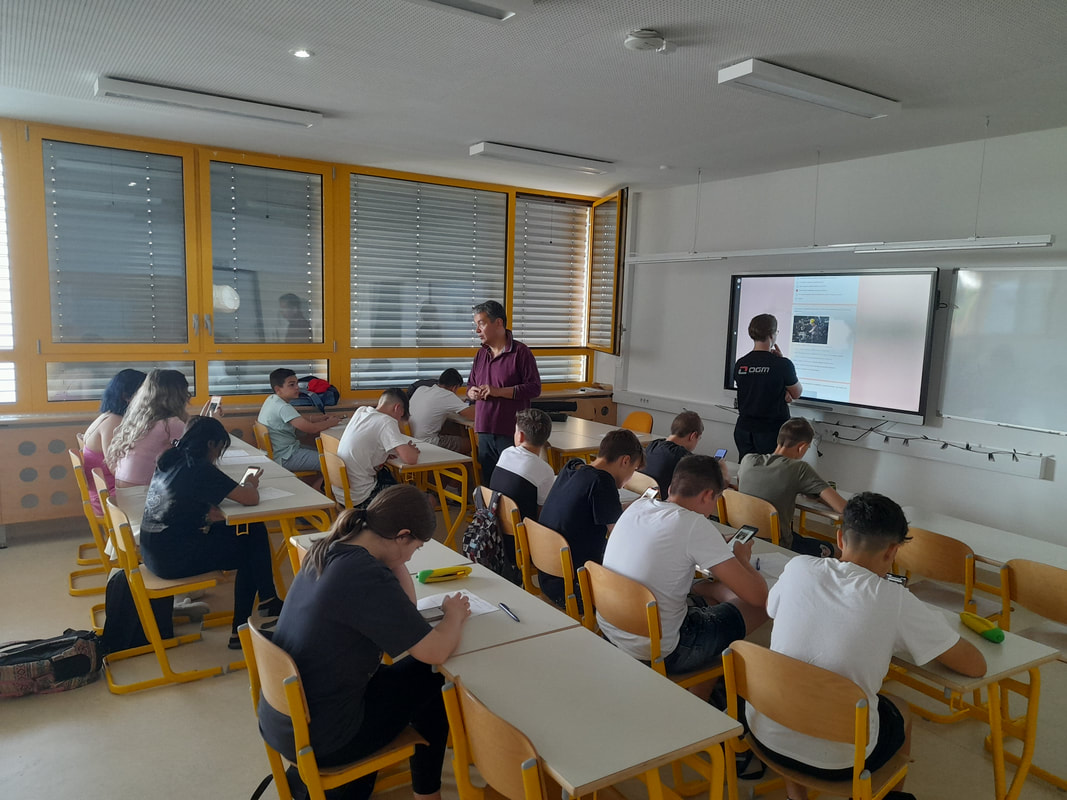Big Idea:
Students to become aware of how traditional perceptions of jobs for men and jobs for women can impact on our choices, regarding education, and our life chances. Specifically, this activity aims to encourage females to develop confidence and skills in the area of natural sciences/STEM by studying in greater numbers and by being employed in the STEM-related jobs, in order to reach gender equality in the STEM area, where women are under-represented.
The importance is to become aware of the influence of stereotypes of gender-related job roles and to prove women can excel in sciences and that barriers to success can be challenged and overcome. Of course, it has a wider application, as men can also be highly successful in traditional female careers such as nursing, food technology or education - should we allow ourselves to be shaped by stereotypes and the expectations of others?
The importance is to become aware of the influence of stereotypes of gender-related job roles and to prove women can excel in sciences and that barriers to success can be challenged and overcome. Of course, it has a wider application, as men can also be highly successful in traditional female careers such as nursing, food technology or education - should we allow ourselves to be shaped by stereotypes and the expectations of others?
Type of Activity:
Two lessons supporting the exploration and discussion of assumptions and stereotypes around women in science. Beginning with examples of female students in Dharavi, India who make mobile phone apps, students research representation and contribution of female role models in Science.
Reflect on how perceptions of ourselves/ subject areas/careers can be a barrier to success in our own society.
Reflect on how perceptions of ourselves/ subject areas/careers can be a barrier to success in our own society.
Who is it for?
Ages 11 to 18.
What do I need?
|
Computer with internet connection, Breaking Barriers film clip (linked above), paper, pencils and crayons,
Techno Girls presentation ( this is background information for teachers) |
| ||||||
How long does it take?
2 x 45 minutes.
Introduction
Lesson 1 - Watch the Breaking Barriers Filmclip, introducing the Tech Girls of Dharavi. Does anything surprise you about this film? What are the girls lives like? How are their lives similar/different to your lives? What are their priorities? What are your priorities? What knowledge, skills and attitudes do the girls have? What are their successes and challenges?
Record key information about the girls, together or in groups - What do we know already? What would we like to know? What have we learnt?
Record key information about the girls, together or in groups - What do we know already? What would we like to know? What have we learnt?
What next
Lesson 2 - Recap the story of the Tech girls of Dharavi. These girls make Apps. They look to solve issues in their community through technology. Is Science, Technology, Engineering and Mathematics (STEM) a popular career choice for women in Europe? If not, why not?
Have students heard of STEAM? STEM creatively combined with the Arts subjects - the problems of the future will be solved by people working internationally, across subject boundaries, gender, language and cultural barriers. It is happening now.
Learn that gender inequality is the result of history and it is man-made. Discuss examples of female scientists selected from from the film clips below. Have we heard of all these women? If not, why not? What does it tell us about the abilities of women to be scientists? Why have women not gained the recognition they deserve? Will this change in the future? Who can make it change?
Have students heard of STEAM? STEM creatively combined with the Arts subjects - the problems of the future will be solved by people working internationally, across subject boundaries, gender, language and cultural barriers. It is happening now.
Learn that gender inequality is the result of history and it is man-made. Discuss examples of female scientists selected from from the film clips below. Have we heard of all these women? If not, why not? What does it tell us about the abilities of women to be scientists? Why have women not gained the recognition they deserve? Will this change in the future? Who can make it change?
Finally
Show a picture of a woman doing some natural science-related work. Discuss what students say about a picture. Have your views changed, now you know more about female scientists? Discuss opinions about the role of women in science. Try to name the successful female scientists in Slovenia/your country. Students can research data about them online as well.
Find ways to tackle the issue of gender inequality in this area. Female students talk about whether they had family support in learning natural sciences or whether they were left alone in it. Do male students feel under pressure to study for a particular career? How can these preconceptions and barriers be overcome?
Find ways to tackle the issue of gender inequality in this area. Female students talk about whether they had family support in learning natural sciences or whether they were left alone in it. Do male students feel under pressure to study for a particular career? How can these preconceptions and barriers be overcome?
Find out more
Additional Information about Tech Girls of Dharavi, Mumbai - theculturetrip.com/asia/india/articles/dharavi-tech-girls-build-apps-to-solve-real-world-problems/
Useful article on STEAM education - theconversation.com/explainer-whats-the-difference-between-stem-and-steam-95713
Gender Action Award programme and research links - https://www.genderaction.co.uk/
Useful article on STEAM education - theconversation.com/explainer-whats-the-difference-between-stem-and-steam-95713
Gender Action Award programme and research links - https://www.genderaction.co.uk/





